Australia - Weather monitoring to improve table grape disease management
11.11.2020 209 views
2024 AgroInsurance International Conference: New Partners and Agenda updates
26.02.20242024 AgroInsurance International Conference will take place on June 3-5, 2024 in Belgrade, Serbia, at the Hyatt Regency Hotel. Planet Labs (USA) and GAF AG (Germany) are sponsors of our conference. Agremo (Serbia) has been confirmed as the Organization Partner. More partners and sponsors to be announced in March 2024.

Spain - 30% of La Palma's banana production has already been lost due to the advance of the lava
14.10.2021More than three weeks after the Cumbre Vieja volcano erupted, the lava that continues to flow from its interior continues to devastate everything in its path, destroying houses, infrastructure, and banana plantations. The production of Platanos de Canarias is the economic engine of the island, accounting for 50% of its GDP and 30% of the jobs on the island.

India - Safeguarding agricultural households against climate shocks
Extreme climate events are taking place more often and for longer, jeopardising the economic stability of agricultural households. This article shows that coping strategies adopted by households in response to climate shocks – such as occupational diversification and sale of livestock – yield lower returns relative to normal circumstances.
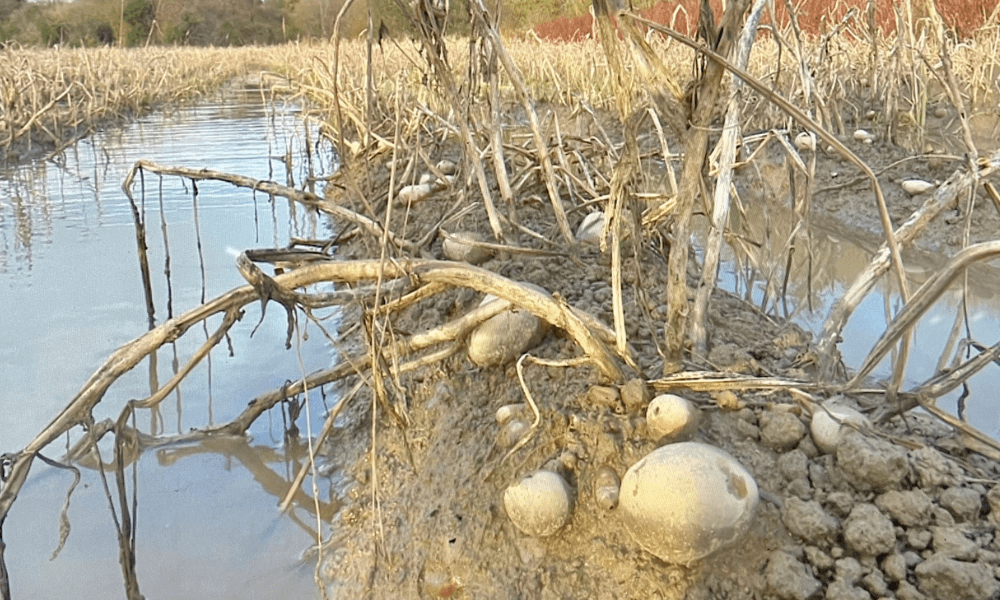
Delving into the unprecedented weather conditions affecting both Southern Europe and the UK
"I'm just back from a few days in Spain visiting our business in Almeria. Talk of the town there is how incredibly dry it is. One of the warmest and driest winters on record. At the same time I've got our Patrick on the phone from Lancashire telling me "raining again….it's biblical….fields saturated….can't dig, can't plant". Unbelievable!

Canada - Okanagan cherry farmers having a terrible year
A budding disaster is unfolding across the Okanagan-Similkameen. Now that blossoms are starting to appear, cherry growers are realizing they face a significant crop loss from this past winter’s extreme cold snap in mid-January.
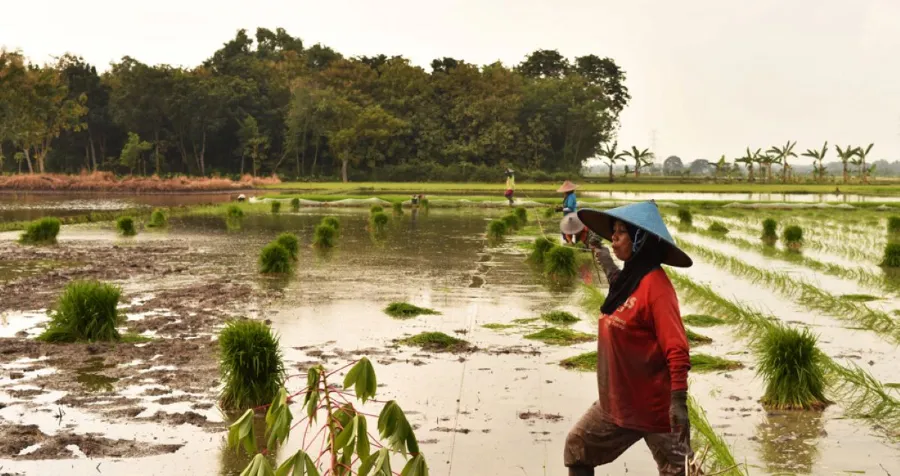
Philippines - Agri-production losses in Negros Oriental skyrocket to PH229 million
Crop damage and other agricultural production losses in Negros Oriental due to El Niño have reached more than PHP229 million. A report from the Department of Agriculture-Provincial Agriculture Technology Coordinating Office (DA-PATCO) showed that as of April 18, production loss in value was pegged at PHP 229.881 million.
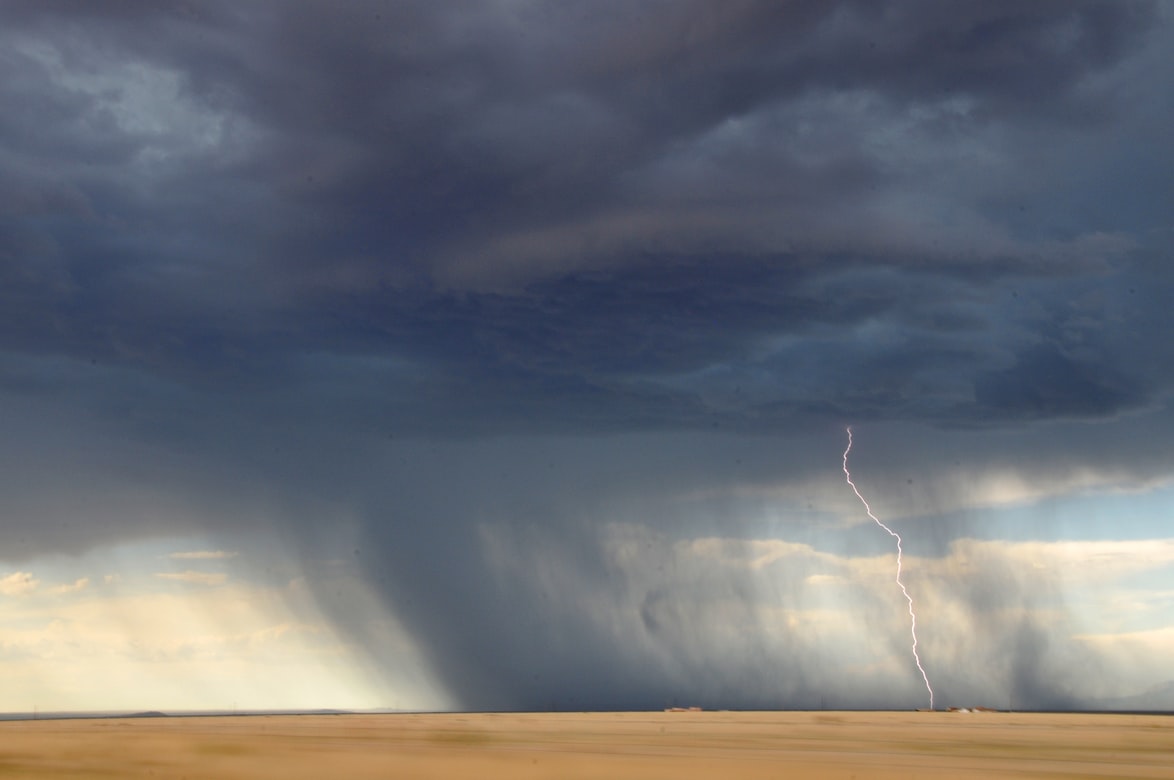
India - Crops lost in over 3,120 acres
The State government has initiated the process for a thorough enumeration of crop losses in the districts and according to officials, standing crops in over 3100 acres were damaged by the untimely rains across the State.
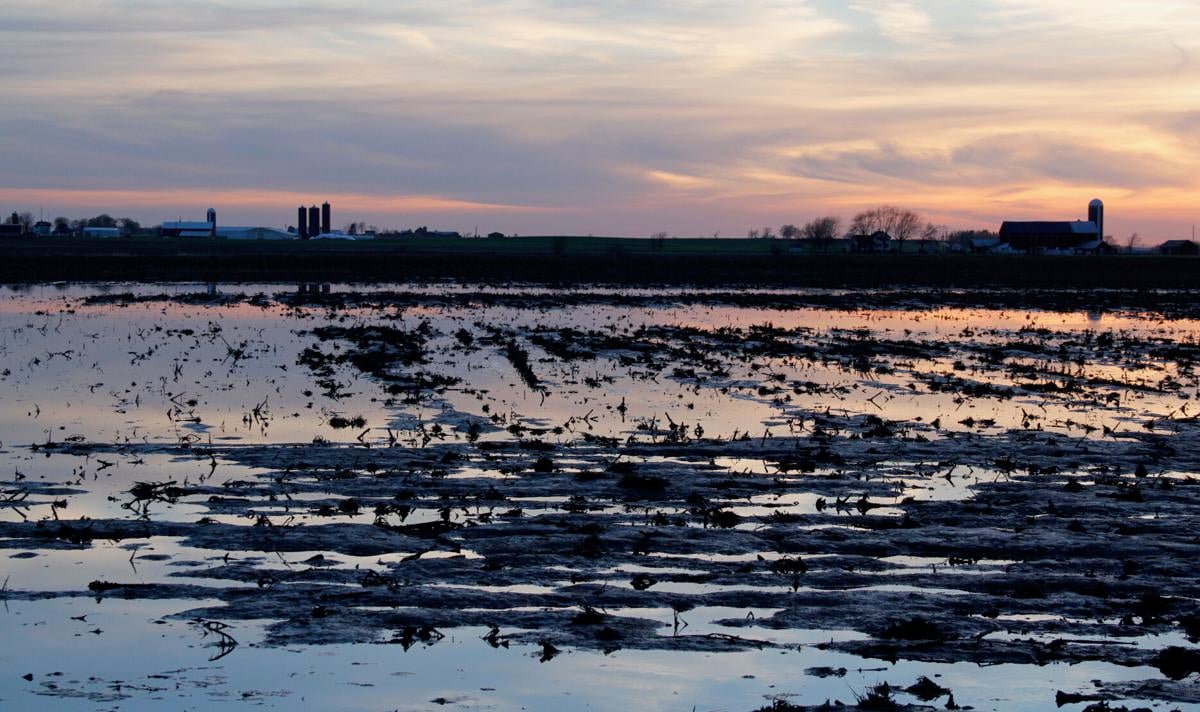
USA - Flood recovery efforts on Kauai continue
The Volunteer Organizations Active in Disaster has opened a crisis cleanup hotline for those affected by the April 2024 flooding. The Kauai Crisis Cleanup hotline number is 808-451-3102 and is scheduled to remain open through May 3.
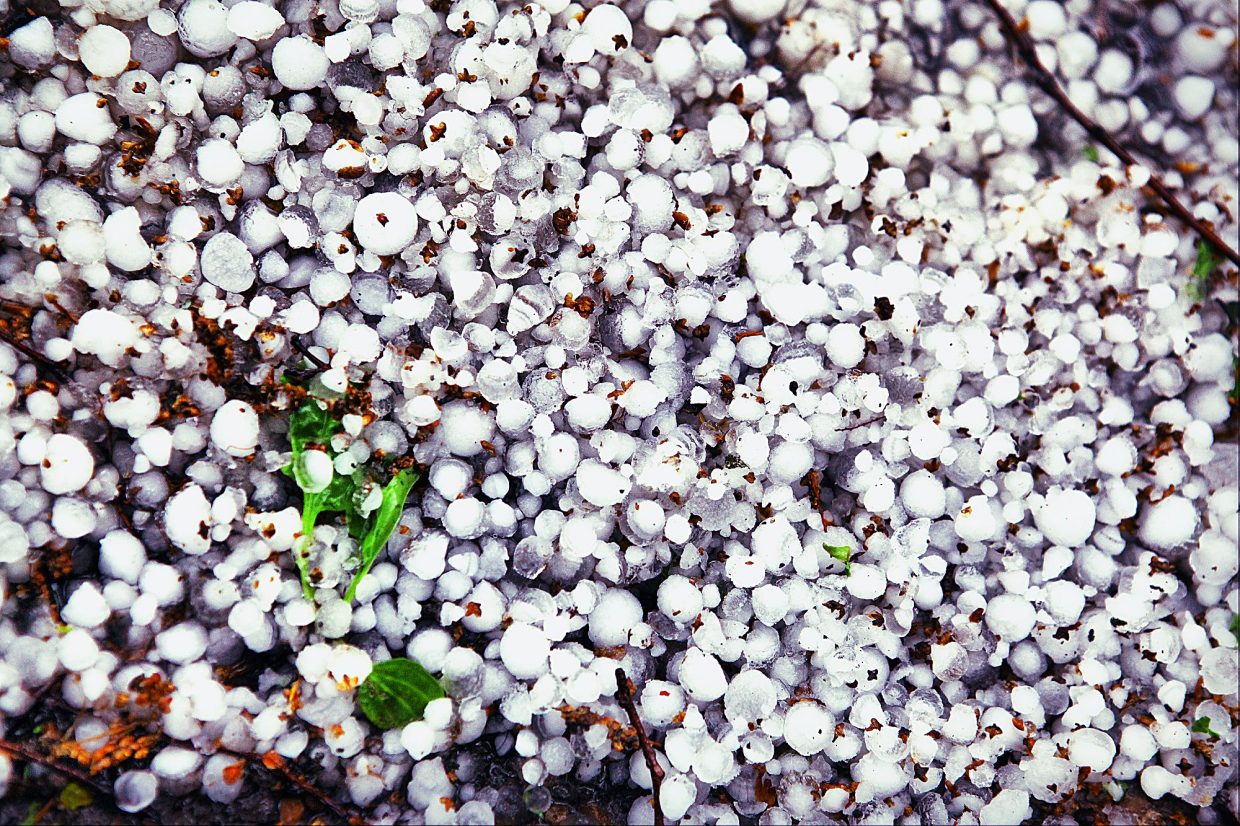
India - Haryana CM orders assessment of crop loss due to hailstorm
Haryana Chief Minister Nayab Singh Saini on Saturday said a 'girdawari' has been ordered to assess the crop damage caused by hailstorms in order to compensate the affected farmers
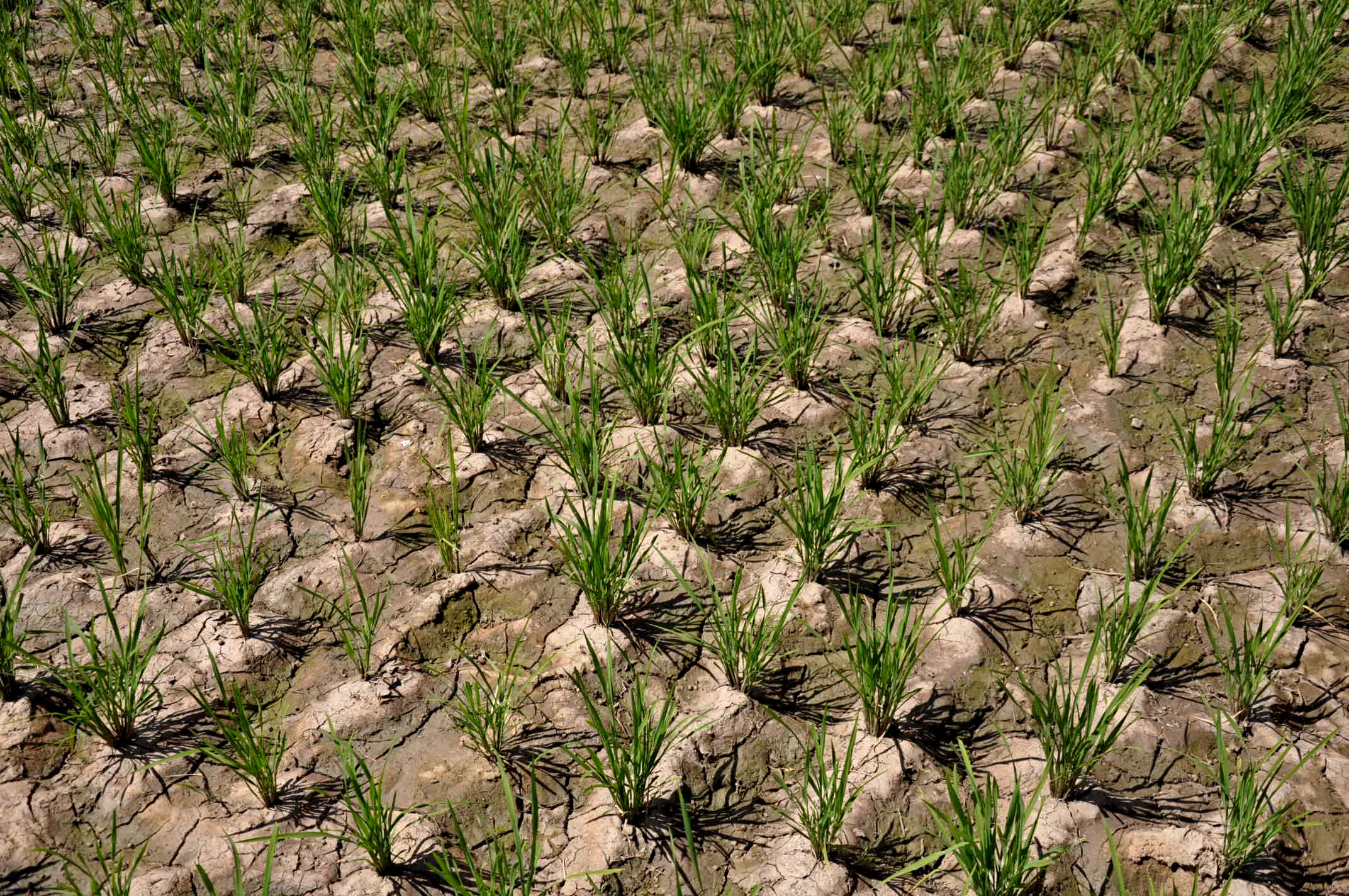
Philippines - Dry spell losses exceed P300 million in Cotabato province
The prolonged dry spell is also wreaking havoc in Mindanao’s Soccsksargen region, with Cotabato province alone seeing more than P300 million in agricultural losses due to the rising temperatures and dry weather conditions.



